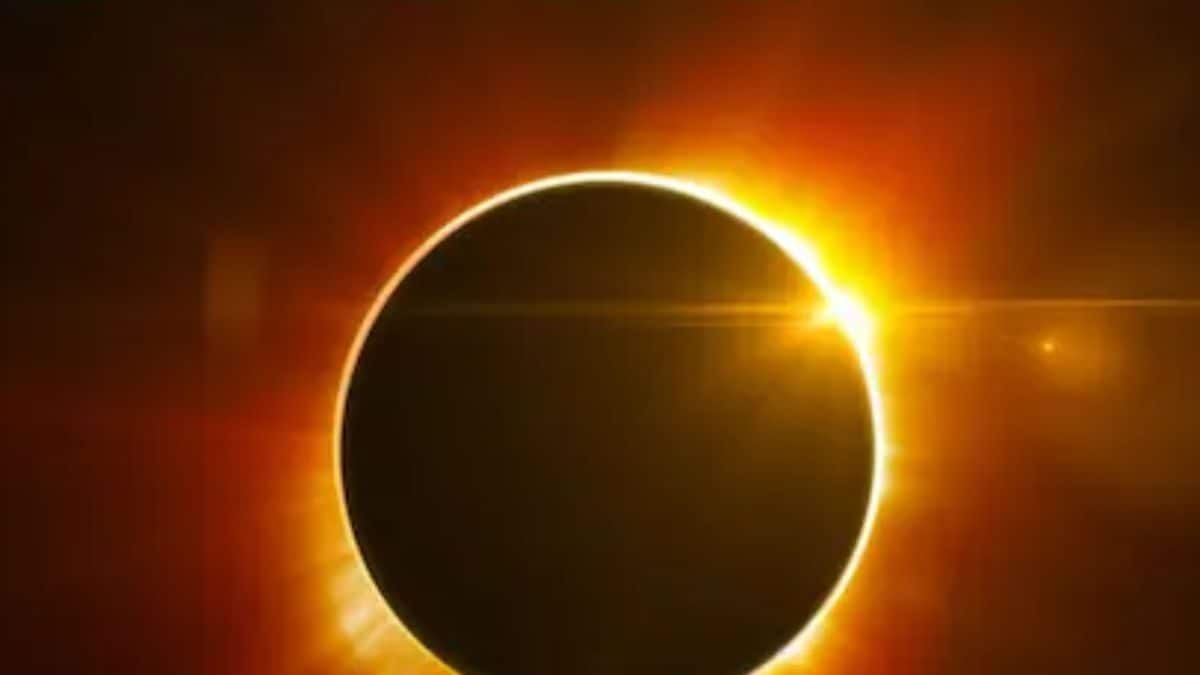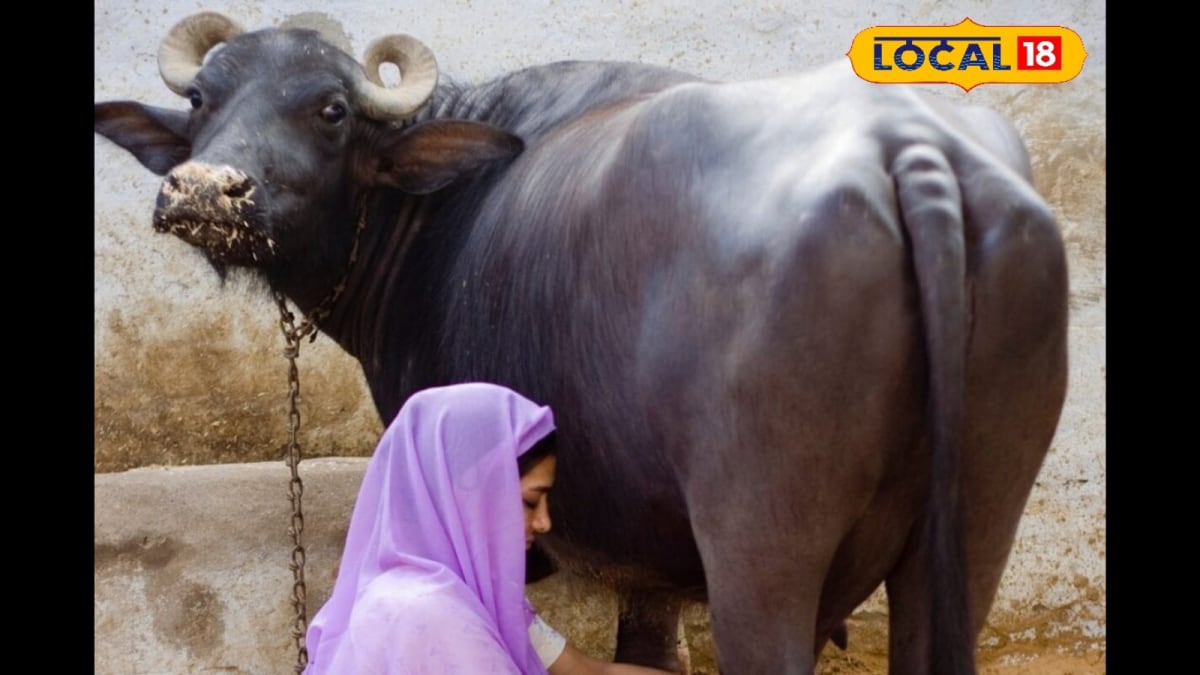The first solar eclipse of this year was on April 8.
Usually the sutak period begins 12 hours before the eclipse.
A solar eclipse occurs when the Moon passes between the Sun and Earth, blocking some or all of the Sun's light from reaching Earth. This can only happen during the new moon when the sun and moon are conjunct, as seen from Earth. The first solar eclipse of this year took place on April 8. With the end of the eclipse his sutak period also ended. This first solar eclipse was not seen in India. Do you know when the second solar eclipse will take place in 2024? Will this eclipse be seen in India?
Astrologer, numerologist and astro-vastu expert Dr. Gaurav Kumar Dixit says that the second solar eclipse of this year will occur on October 2. The time of this eclipse will be from 9:13 p.m. to 3:17 a.m. the next day. This eclipse will be very long and will last about 6 hours. The second solar eclipse of the year cannot be seen in India either, as it will take place at night.
Usually the sutak period begins 12 hours before the eclipse. During this time no auspicious work should be done. Astrologer advises pregnant women to take many precautions during sutak period. If the eclipse sutak period is not valid in India, people do not need to take any precautions. If you want, you can take the name of God during this time. Cruel acts, use of needle and thread, cooking food, etc. should be avoided. This period of sutak and eclipse is auspicious only for worship, bhajans and tantric rituals. Chanting a mantra during this time will give 10 times more results.
The second solar eclipse of the year will not be visible in India, but people will be able to witness this amazing astronomical event in many other countries, including the Arctic, Argentina, Fiji, Chile, Peru, Brazil, New Zealand, Antarctica and the Pacific Ocean . , South America, etc. When the Moon passes between the Sun and the Earth while orbiting the Earth, a solar eclipse occurs.
Experts say you shouldn't try to observe a solar eclipse with the naked eye, but what if your smartphone could become your eyes and capture the moment for you? That's right, smartphone cameras have evolved so much today that capturing a solar eclipse is not impossible.











